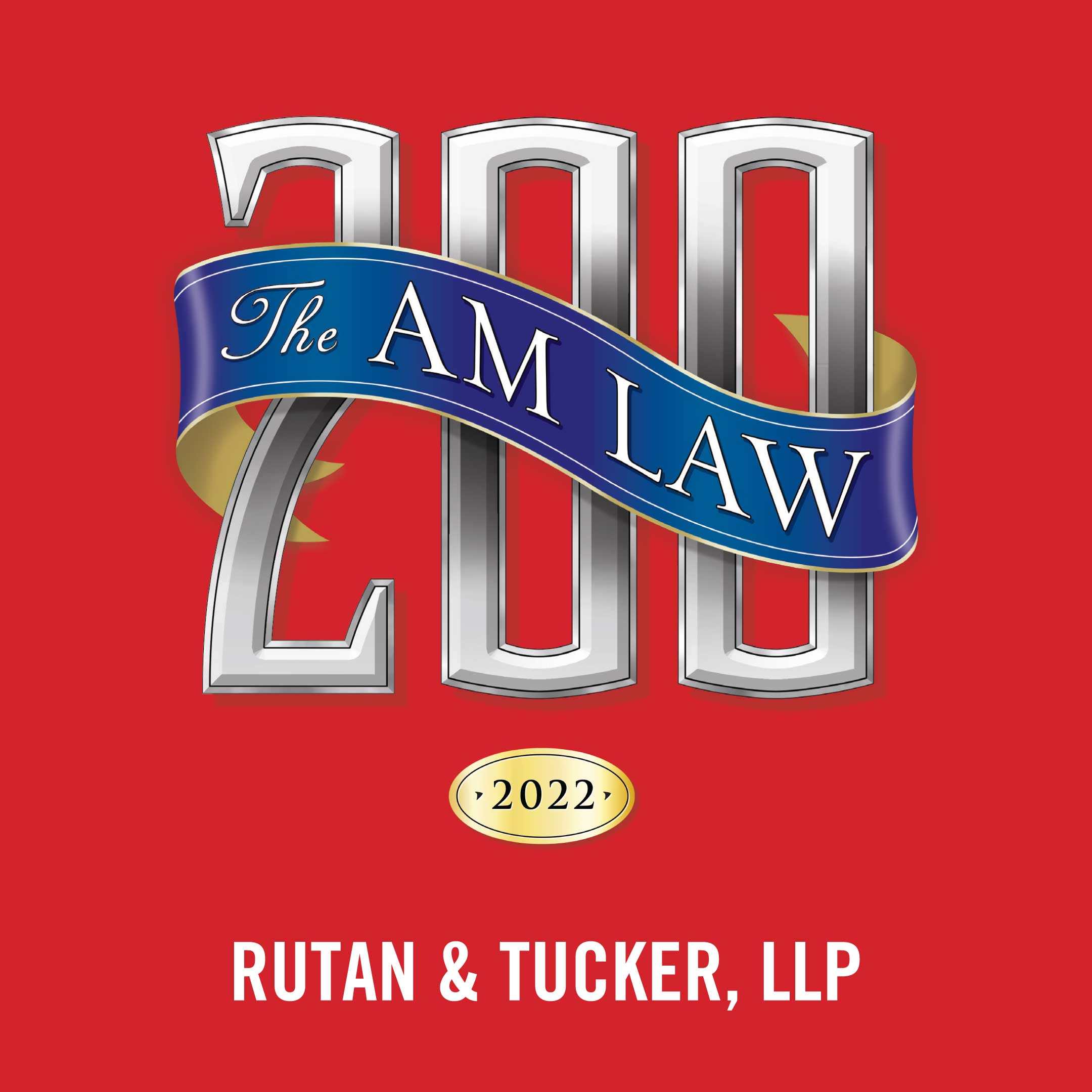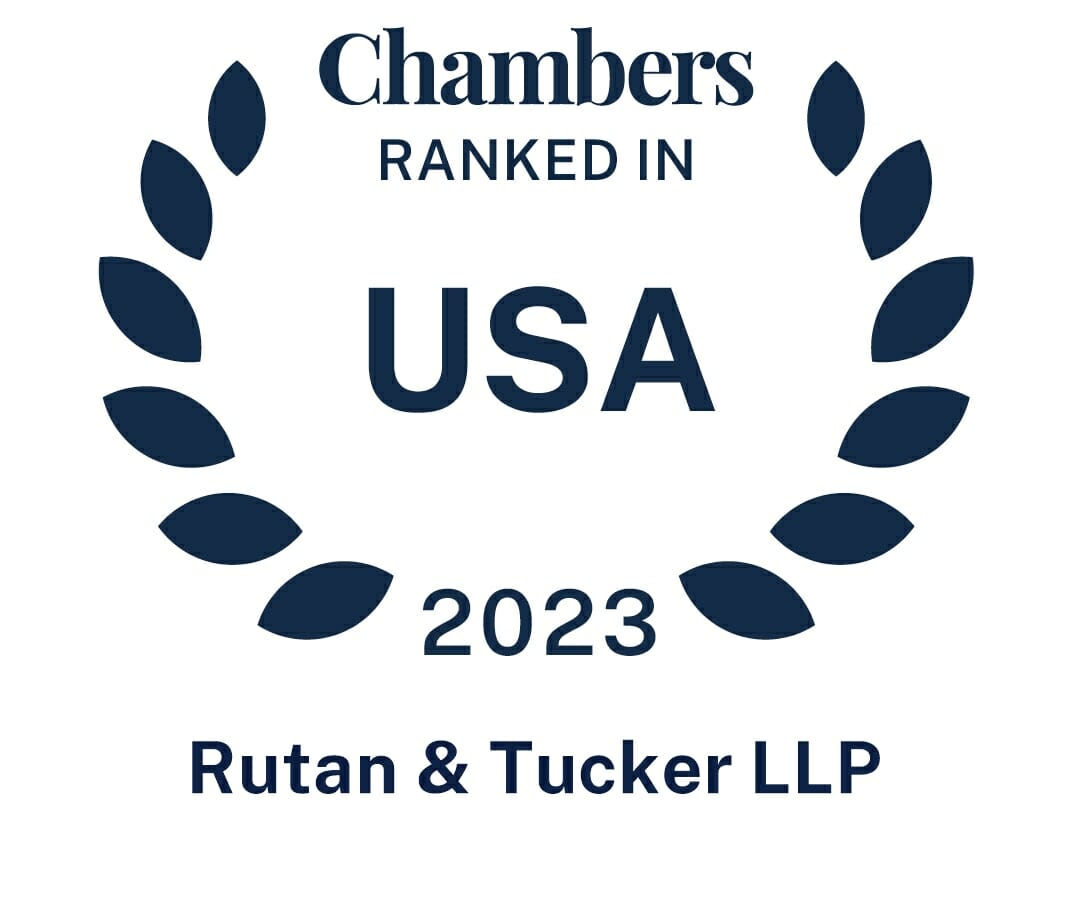On February 21, 2023, the National Labor Relations Board (the “Board”) issued a decision in McLaren Macomb, 372 NLRB No. 58, holding that severance agreements with broad confidentiality and non-disparagement provisions are unlawful. The Board’s new rule makes many standard non-disparagement and confidentiality provisions in severance agreements unlawful, which the Board concluded also made “the severance agreement proffered to employees unlawful.” In other words, even offering a severance agreement with overbroad non-disparagement or confidentiality clauses is unlawful, even if an employee does not sign the severance agreement.
The non-disparagement and confidentiality clauses found to be unlawful by the Board.
The Board found that the following non-disparagement and confidentiality provisions in the severance agreement before it were unlawful:
- Confidentiality Agreement. The Employee acknowledges that the terms of this Agreement are confidential and agrees not to disclose them to any third person, other than spouse, or as necessary to professional advisors for the purposes of obtaining legal counsel or tax advice, or unless legally compelled to do so by a court or administrative agency of competent jurisdiction.
- Non-Disclosure. At all times hereafter, the Employee promises and agrees not to disclose information, knowledge or materials of a confidential, privileged, or proprietary nature of which the Employee has or had knowledge of, or involvement with, by reason of the Employee’s employment. At all times hereafter, the Employee agrees not to make statements to Employer’s employees or to the general public which could disparage or harm the image of Employer, its parent and affiliated entities and their officers, directors, employees, agents and representatives.
The severance agreement at issue provided for substantial monetary penalties and injunctive relief against an employee who violated the non-disparagement and confidentiality provisions.
The Board finds that broad non-disparagement and confidentiality clauses are unlawful.
Significantly, the Board determined that the broad non-disparagement and confidentiality clauses unlawfully restricted employee’s rights under the National Labor Relations Act (“NLRA”) without considering whether the employer actually took action adverse action against the employee. The Board reasoned that “a severance agreement is unlawful if its terms have a reasonable tendency to interfere with, restrain, or coerce employees in the exercise of their Section 7 rights, and that employers’ proffer of such agreements to employees is unlawful.”
The Board’s decision is a departure from prior law, which required more than a “mere proffer” of a severance agreement to find a violation of an employee’s rights under the NLRA. Under the new rule, the inclusion of broad non-disparagement and confidentiality clauses in severance agreements is unlawful because it could interfere with employee’s rights to discuss the terms and conditions of their employment, assist coworkers, disclose information to the Board or file a charge with the Board, or make public statements about the workplace. The Board was especially concerned that the broad confidentiality and non-disparagement provisions could limit employees from filing unfair labor practice charges with the Board or assist in investigations, since the confidentiality provision prohibited disclosure to “any third person” and the non-disparagement provision prohibited any statements that could disparage the employer, even if those statements constituted speech protected under the NLRA.
Employers should review their severance agreements, and other personnel documents, to ensure the provisions do not limit rights under the NLRA.
While the case arises in the context of union employees, its holding is not limited to unionized workforces. Therefore, unless an appellate court overturns the Board’s decision – which could take years – employers should review confidentiality and non-disparagement clauses in their severance agreements and other personnel documents (e.g., confidentiality agreements, handbooks) to ensure they do not prohibit the exercise of rights under the NLRA. Employers also should ensure that severance agreements include severability provisions in the event a former employee challenges certain provisions in the agreement.
In addition to the new NLRB rule, California employers have special requirements for non-disparagement provisions in separation agreements, as we highlighted in a prior e-Alert, which can be reviewed here: The time to review your arbitration agreement and separation agreement is now.
Please contact any member of Rutan & Tucker’s Employment Department if you have questions about this opinion and decision, or its implications.



